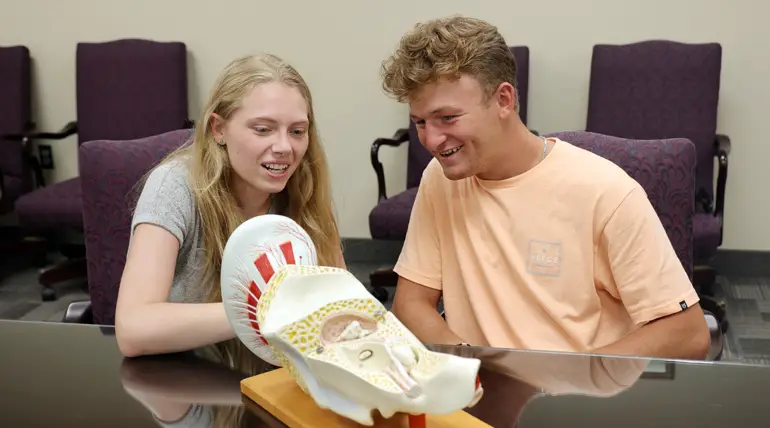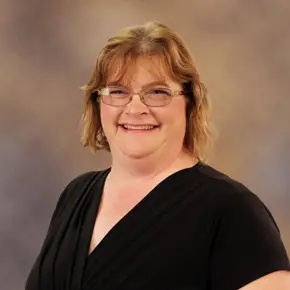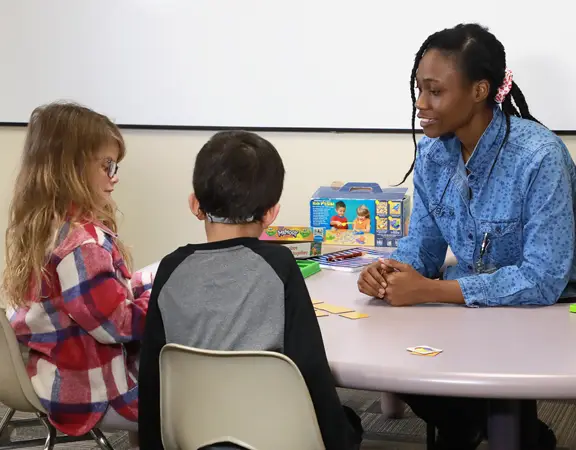Are you eager to make a meaningful impact in the lives of others through a rewarding career? An undergraduate degree in communication sciences and disorders could be your path! Most graduates pursue advanced degrees to become speech-language pathologists, audiologists, or speech and hearing scientists, while others work in related human services or use their degree as a stepping stone to medical school. Embrace the opportunity to grow in a field that truly makes a difference!
Offered: On Campus
Credit Hours: 120
Est. Time to Complete: 4 Years
Department: Department of Communication Science and Disorders
1:1
tutoring, academic advising, and career coaching

Career Paths
With a career in communication sciences and disorders, you may work in education, health care, private practice, business and industry, or research labs.
96%
Job/Graduate School Placement Rate
Program Highlights
Freshman Admission Guarantee
Do you have a clear vision for the future, good academic and social skills, AND want to become a speech-language pathologist? Consider our new Freshman Admission Guarantee.
Our Program
It takes four years to complete the undergraduate degree in communication sciences and disorders. When you complete your undergraduate degree at Minot State, you are given special consideration for entrance into graduate studies.
Learn with Minot State
100% of students in our program gain early and ongoing experience with individuals affected by communication disorders, graduate with valuable clinical experience, and proceed to graduate school.
Careers & Outcomes
95K
Median annual salary for speech-language pathologist
→ U.S. Bureau of Labor Statistics
Top Careers
- Speech-Language Pathologist
- Audiologist
- Healthcare support workers
Questions? We're Here to Help

Office of Enrollment Services
701-858-3350
1-800-777-0750 ext 3350
askmsu@minotstateu.edu

Mary Huston
Chair, Department of Communication Sciences and Disorders
701-858-3593
mary.huston@minotstateu.edu
Additional Program Information
The Master of Science (M.S.) education program in Speech-Language Pathology (Residential and Distant Education) at Minot State University is accredited by the Council on Academic Accreditation in Audiology and Speech-Language Pathology of the American Speech-Language-Hearing Association, 2200 Research Boulevard #310, Rockville, Maryland 20850, 800-498-2071 or 301-296-5700.
Minot State University is accredited by the Higher Learning Commission, a regional accreditation agency recognized by the U.S. Department of Education.







